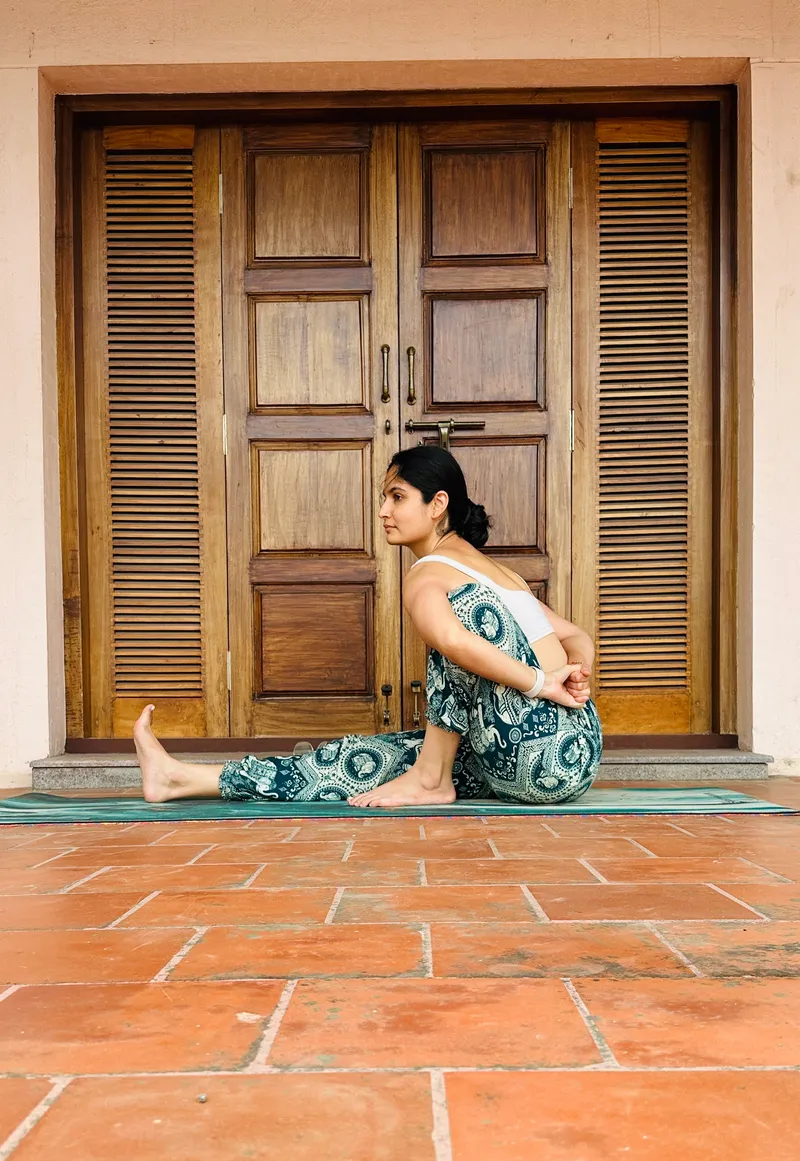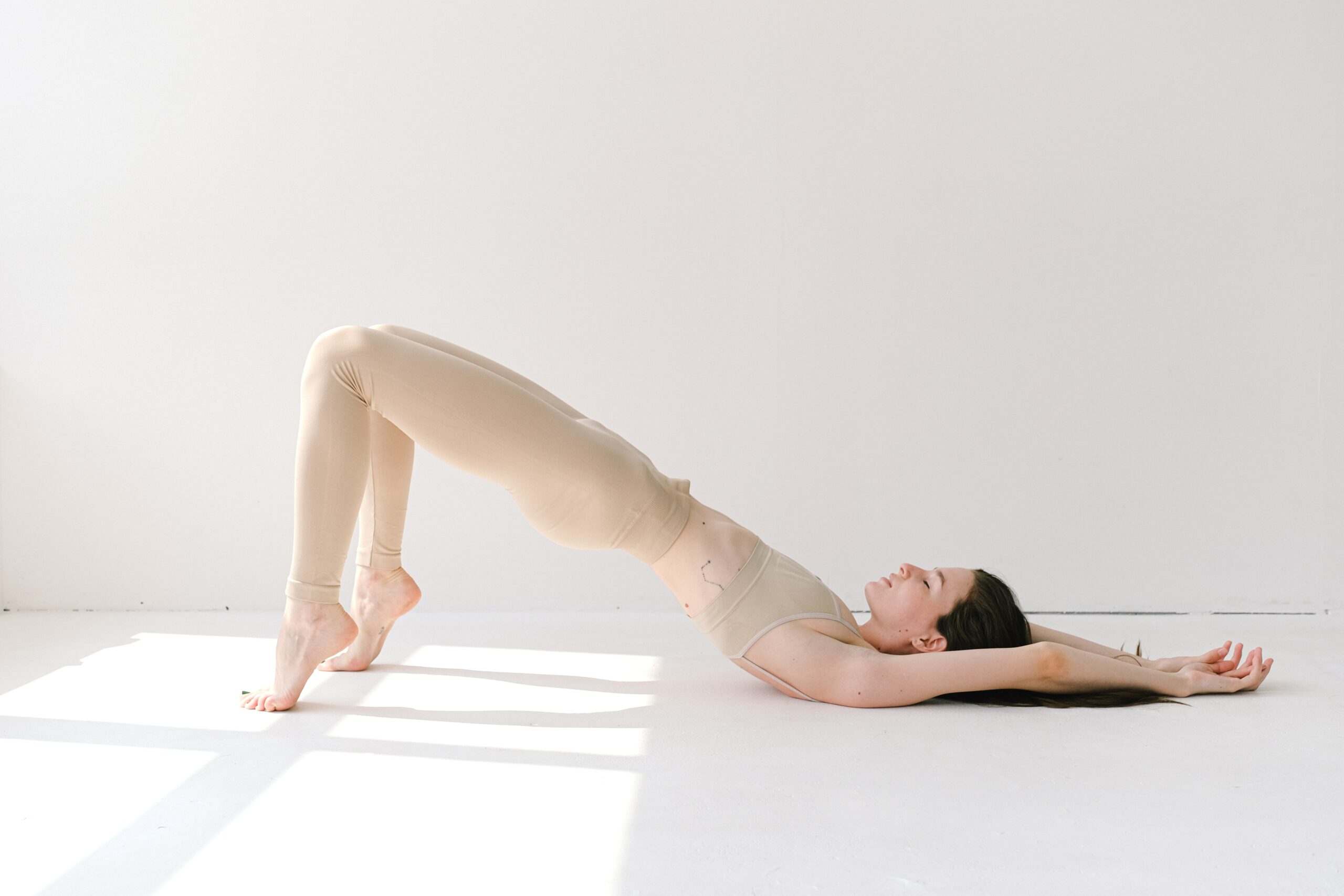In today’s fast-paced world, yoga has become a popular way to find balance, peace, and well-being. However, with its growing popularity, several misconceptions have arisen, clouding the true essence of this transformative practice. In this blog, we will shed light on these yoga myths, helping you navigate through the misinformation and embrace the authentic wisdom of yoga. Let’s uncover the truth and embark on a path of clarity and understanding.
Myth 1: Yoga is only for flexible people.
Correct Information: One of the most significant misconceptions about yoga is that you need to be naturally flexible to practice it. In reality, yoga is accessible to people of all ages and body types. Regular practice helps improve flexibility gradually, and many yoga poses have variations that accommodate different levels of flexibility.
Myth 2: Yoga is just stretching.
Correct Information: While yoga involves stretching, it is much more than that. Yoga is a holistic practice that combines physical postures (asanas), breathwork (pranayama), meditation, and ethical principles. It helps to improve not only physical flexibility but also mental clarity, strength, and overall well-being.
Myth 3: Yoga is a religion.
Correct Information: Yoga is often associated with certain spiritual and philosophical traditions, but it is not a religion. It is a non-sectarian practice that can be integrated with various belief systems or practiced purely as a physical and mental exercise. Yoga promotes self-awareness and mindfulness, which can be compatible with different religious or spiritual paths.
Myth 4: Yoga is a quick fix for weight loss.
Correct Information: While yoga can be part of a healthy weight loss journey, it is not a quick fix. Weight loss results from a combination of factors, including diet, regular exercise, and lifestyle changes. Yoga can aid in weight management by reducing stress, improving body awareness, and promoting mindful eating, which can contribute to healthier choices.
Myth 5: You need expensive equipment and trendy yoga clothes to practice.
Correct Information: Yoga can be practiced with minimal equipment. While a yoga mat is helpful, it’s not mandatory. Comfortable clothing that allows free movement is more important than trendy yoga apparel. The essence of yoga lies in connecting with oneself, not in material possessions.
Myth 6: Yoga is only for women.
Correct Information: Yoga is for everyone, regardless of gender. While it’s true that yoga classes may have more female participants, men can benefit just as much from yoga. Yoga improves strength, flexibility, balance, and mental focus, making it a valuable practice for people of all genders.
Myth 7: Yoga is only about physical exercise.
Correct Information: While physical exercise is a part of yoga, it also includes breathing techniques (pranayama) and meditation. The integration of these aspects cultivates mindfulness and helps reduce stress, anxiety, and other mental challenges.
Myth 8: Yoga is not a “real” workout.
Correct Information: Yoga can be a gentle practice, but it can also be intense and physically demanding. Styles like Vinyasa, Power Yoga, and Ashtanga can challenge your strength and stamina. Yoga’s effectiveness as a workout depends on the style and intensity of the practice.
Myth 9: You have to be young to do yoga.
Correct Information: Yoga is suitable for people of all ages, from young children to seniors. It can be adapted to meet the needs of different age groups, including chair yoga for those with limited mobility. The key is to practice within one’s own capabilities and avoid pushing the body beyond its limits.
Myth 10: You need to be spiritual to practice yoga.
Correct Information: While yoga has spiritual roots, it doesn’t require participants to have specific spiritual beliefs. Yoga can be approached as a secular practice focusing on physical and mental well-being without any religious or spiritual connotations.
As we come to the end of our myth-busting journey, we hope this blog has illuminated the truth and dispelled the misconceptions surrounding yoga. By unraveling these myths, we have rediscovered the profound essence of yoga as a holistic practice that extends far beyond physical postures. Embracing yoga with an open heart and mind allows us to experience its transformative power in nurturing our physical, mental, and spiritual well-being. Let us move forward with a renewed understanding, free from the constraints of myths, and embrace yoga’s authentic path of self-discovery, inner growth, and harmony. As you continue your yoga journey, remember that the true essence of yoga lies in cultivating mindfulness, compassion, and self-awareness. Always consult a qualified yoga instructor or healthcare professional if you have any specific health concerns or conditions before starting a yoga practice. At Coquihalla, we aim to bust the yoga myths and provide you with the right information and a great yoga practice that you can incorporate into your daily life.
















